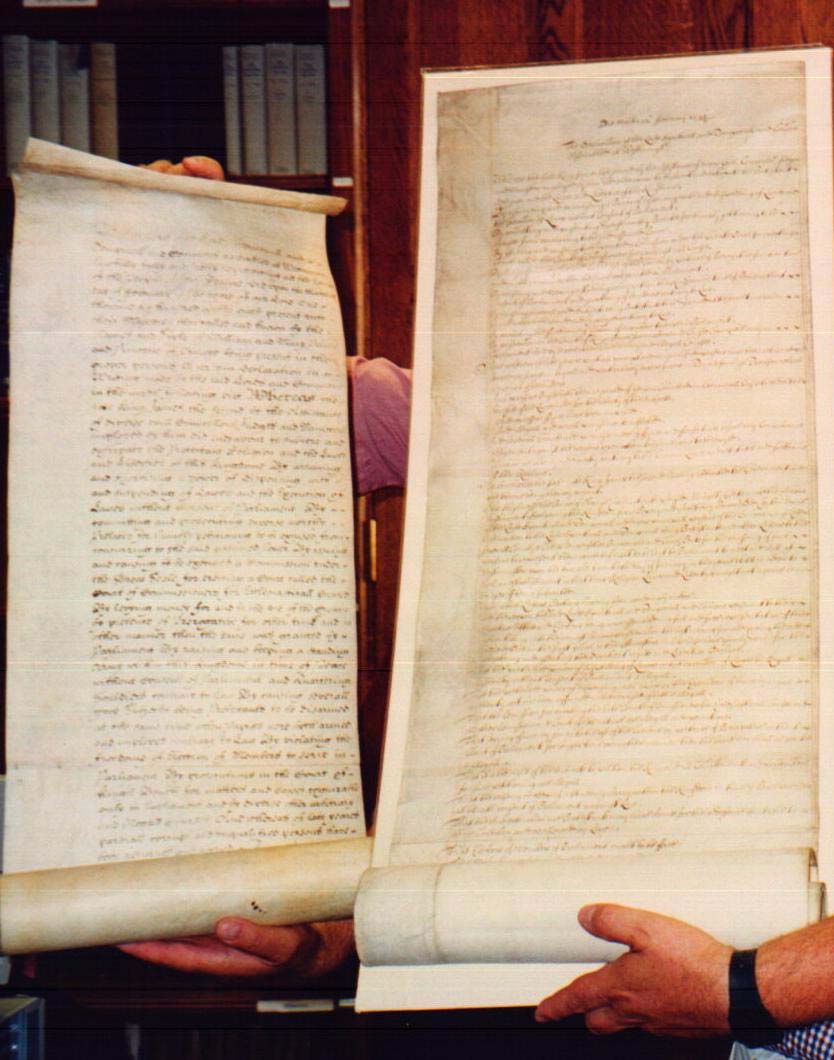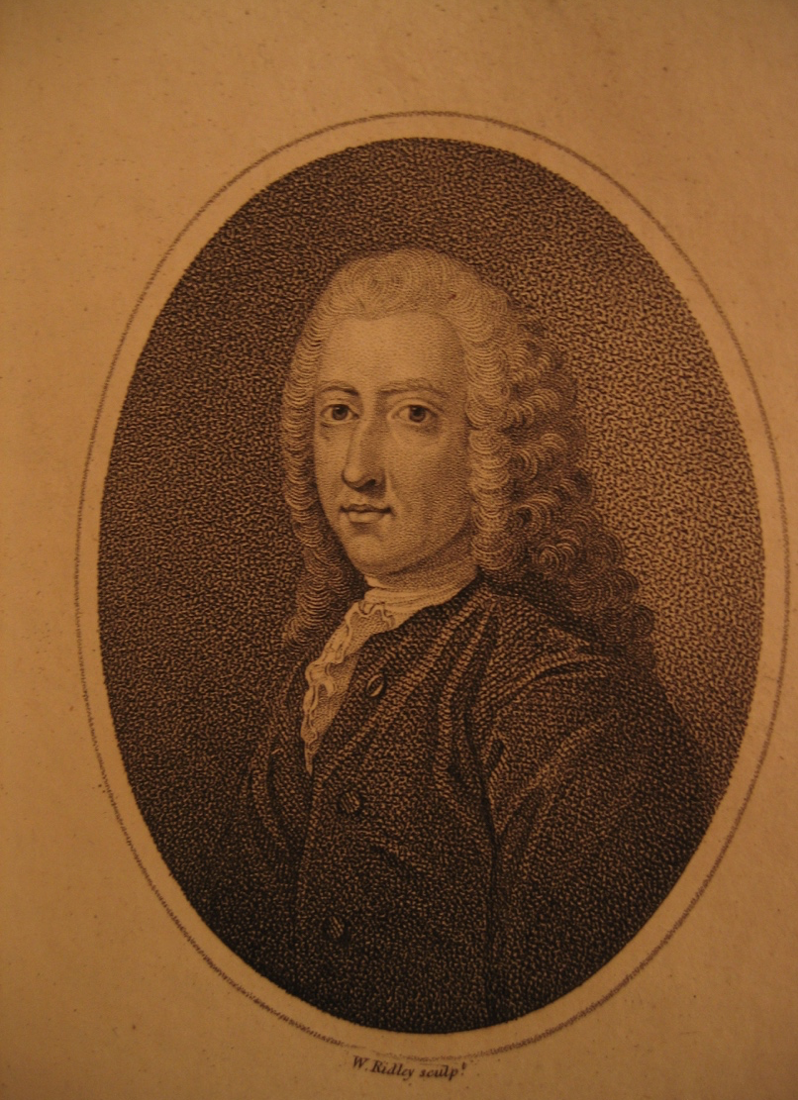Defining The Rule of Law
Fundamental Constitution v Arbitrary Power
Understanding Written Parts of Our Constitution
See https://www.legislation.gov.uk/ for any repeals of the enactments listed here.
William Pitt 1st Earl of Chatham 1708-1778
But my Lords this is not the fact, this is not the Constitution, we have a law of parliament. We have a Statute Book and the Bill of Rights“
John Bingley
This study is all taken directly from statutory texts and constitutional instruments. It is a logical analysis, as factual as possible, and largely uses points of current law. There is a presentation which has been seen in earlier format at Westminster, Strasbourg and Washington. The late Norris McWhirter CBE. said of my work on the Constitution that it was I who had laid the fundamental Constitution most clear. It has been vetted by a QC and by lawyers who have praised its factual evidence. One lawyer remarked that it was the clearest explanation of the rule of law he had ever seen.
I have been privileged to show it to an ex Solicitor General of the USA Robert Bork, he gave full encouragement to the work. Lord Strathclyde saw it in his chambers and capacity as leader of the House of Lords. He remarked that ‘it was extremely hard hitting when you see it all put together like that’.
Recent correspondence with the Cabinet Committee for Constitutional affairs has confirmed that the duties and obligations of the Crown emanating from the oaths are obligatory. They agreed that those duties must be fulfilled whilst still claiming unlimited power to legislate, resides in Parliament. Yet they offered no explanation or evidence for their apparently incompatible contention having been repeatedly asked!
A recent Master of the Rolls confirmed that the Sovereignty of Parliament is merely a ‘presumption.’ Our Constitution has separation of power and this has implications for the constitutional limitations of our Governance and preserving of our liberties.
It is my analysis that the people do indeed have indubitable rights and that placing politics above the rule of law is unconstitutional.
Where there is Right there is remedy.
‘Ubis Jus ibi Remdium’ (Ashby v. White, Holt C.J 1703)
Sir Winston Churchill made a wonderful quote in reference to the Magna Carta:- “The facts embodied in it and the circumstances giving rise to them
were buried or misunderstood. The underlying idea of the sovereignty
of the law, long existent in feudal custom, was raised by it into a
doctrine for the national State. And when in subsequent ages THE
STATE, SWOLLEN WITH ITS OWN AUTHORITY, has attempted to ride
roughshod over the rights or liberties of the subject it is to this
doctrine that appeal has again and again been made, and never as yet,
without success.”
Sir Winston Churchill, A History of the English-Speaking Peoples (1956)

